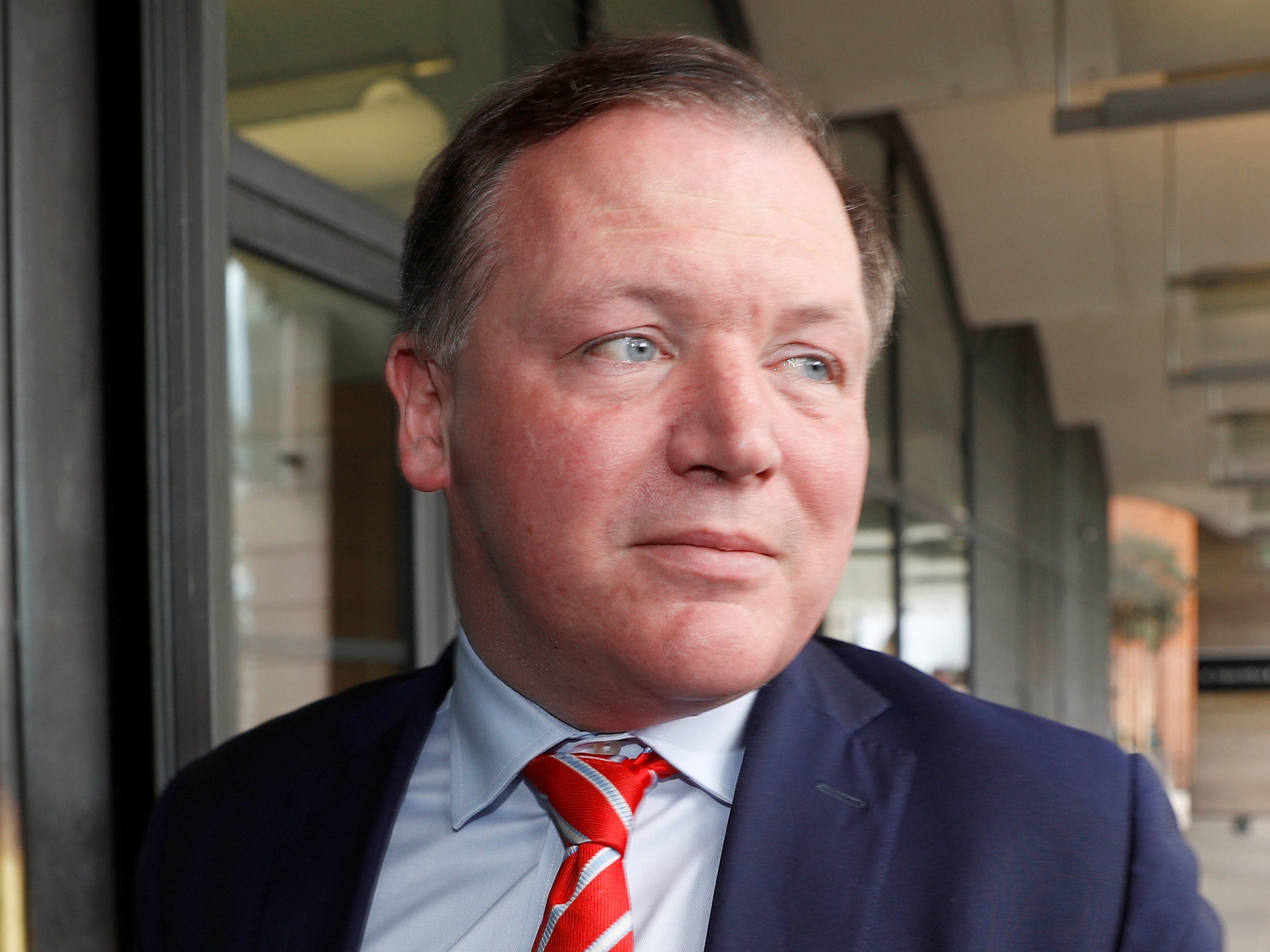
Former Culture Committee chairman Damian Collins MP has slammed Facebook’s proposals for online content regulation as “too little, too late”.
The social network’s chief executive Mark Zuckerberg suggested online platforms should be incentivised to be more responsible by placing more accountability on them to moderate content.
Under Facebook’s plan, a model agreed by regulators around the world would see platforms required to meet performance targets over content that violates their policies and require them to restrict some types of harmful, but not necessarily illegal, speech.
Writing for the Financial Times, Zuckerberg said: “People need to feel that global technology platforms answer to someone, so regulation should hold companies accountable when they make mistakes.”
But Collins, who was replaced in his role as Digital, Culture, Media and Sport Committee chairman after three years in January, said today that Facebook needed to take a more proactive response against harmful content, criticising its strategy of simply making problematic content harder to find rather than removing it altogether.
“These issues require a more proactive response from Facebook, and it shouldn’t just be left to them,” Collins wrote in Wired magazine.
“It should be for governments to establish clear legal liabilities for social media companies to act against harmful and illegal content when it is being curated through their systems, by their own algorithms.”
Collins pointed out that for there to be a global regulation standard, as called for by Facebook, a consensus would have to be reached between Europe, the USA and China – a feat he described as “impossible”.
“Another clear tactic for trying to kick all of this into the long grass,” he said.
Collins chaired the DCMS Committee for almost four years and was outspoken in his views that Facebook’s bosses should take action on harmful content and data transparency.
He repeatedly called for Zuckerberg to give evidence to an inquiry into “fake news” and disinformation over the platform’s failures of process and data breaches, but the tech billionaire never showed.
Collins described Facebook’s proposals as a “road to nowhere” as they warn against making platforms liable for failing to remove harmful and illegal content.
The tech giant instead favours self-declaration methods with no external auditing required.
“These new regulations need to be overseen by truly independent regulators with legal powers to inspect and audit the companies and ensure they are complying effectively,” Collins said.
The UK Government has indicated that it plans to give Ofcom the power to regulate social media and other websites that allow users to post their own content.
Ofcom would not regulate individual posts, but it would have a role holding companies to account if they do not take sufficient action against problematic posts.
The Government’s full response, including potential sanctions, is expected this spring before new legislation is put before Parliament. Other countries are believed to be looking at creating similar legislation.
Collins has been replaced as DCMS chairman by Julian Knight, a former BBC and Independent journalist who has previously pledged to “continue to put the spotlight on Facebook’s activities and conduct until we have secured urgently-needed reforms and consumer protections”.
Picture: Reuters/Peter Nicholls
Email pged@pressgazette.co.uk to point out mistakes, provide story tips or send in a letter for publication on our "Letters Page" blog
